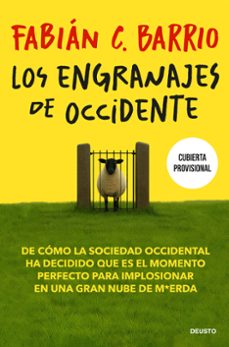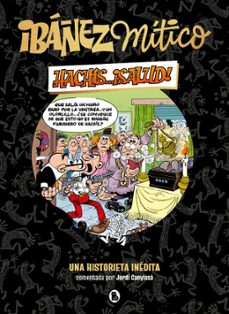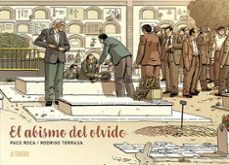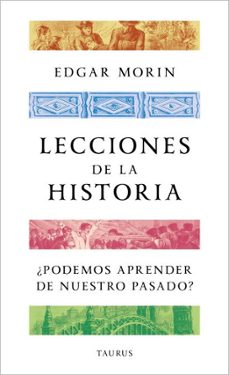📱 eBook en inglés ARISTOTELES: METAPHYSIK, NIKOMACHISCHE ETHIK, DAS ORGANON, DIE PHYSIK & DIE DICHTKUNST
Bereicherte Ausgabe. Ancient Greek Philosophical Foundations
GOOD PRESS - 8596547688938
Sinopsis de ARISTOTELES: METAPHYSIK, NIKOMACHISCHE ETHIK, DAS ORGANON, DIE PHYSIK & DIE DICHTKUNST
In dieser bereicherten Ausgabe haben wir mit großer Sorgfalt zusätzlichen Mehrwert für Ihr Leseerlebnis geschaffen:
- Eine umfassende Einführung skizziert die verbindenden Merkmale, Themen oder stilistischen Entwicklungen dieser ausgewählten Werke.
- Die Autorenbiografie hebt persönliche Meilensteine und literarische Einflüsse hervor, die das gesamte Schaffen prägen.
- Ein Abschnitt zum historischen Kontext verortet die Werke in ihrer Epoche – soziale Strömungen, kulturelle Trends und Schlüsselerlebnisse, die ihrer Entstehung zugrunde liegen.
- Eine knappe Synopsis (Auswahl) gibt einen zugänglichen Überblick über die enthaltenen Texte und hilft dabei, Handlungsverläufe und Hauptideen zu erfassen, ohne wichtige Wendepunkte zu verraten.
- Eine vereinheitlichende Analyse untersucht wiederkehrende Motive und charakteristische Stilmittel in der Sammlung, verbindet die Erzählungen miteinander und beleuchtet zugleich die individuellen Stärken der einzelnen Werke.
- Reflexionsfragen regen zu einer tieferen Auseinandersetzung mit der übergreifenden Botschaft des Autors an und laden dazu ein, Bezüge zwischen den verschiedenen Texten herzustellen sowie sie in einen modernen Kontext zu setzen.
- Abschließend fassen unsere handverlesenen unvergesslichen Zitate zentrale Aussagen und Wendepunkte zusammen und verdeutlichen so die Kernthemen der gesamten Sammlung.
Léelo en cualquier dispositivo

iPhone y iPad
Descarga la App de lectura Vivlio Casa del Libro para iOS. Es gratuita y está disponible tanto para iPhone como para iPad.

Android
Descarga la App de lectura Vivlio Casa del Libro para Android. Es gratuita y está disponible tanto para móvil como para tablet.

Tu navegador
Puedes leer los eBooks directamente con nuestro visor online, accediendo a nuestra web desde tu móvil o tu ordenador, sin necesidad de descargar nada. Accede a tu área de usuario y empieza a leer.

eReaders*
Puedes conectar tu eReader a tu ordenador y enviar el libro al dispositivo utilizando Adobe Digital Editions.
* Los eReaders de Amazon (Kindle) solo permiten libros de su propia tienda, por lo que no son compatibles.
Ficha técnica
Editorial: Good Press
ISBN: 8596547688938
Idioma: Inglés
Especificaciones del producto
App gratuita de lectura Tagus
Ahora tu lectura es multidispositivo, con la App de Tagus, puedes tener todos tus libros en tu tablet y smartphone. Aprovecha cualquier momento para seguir disfrutando de las lecturas que más te gustan.
Escrito por Aristóteles
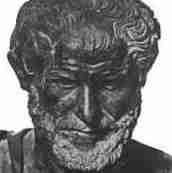
Opiniones sobre ARISTOTELES: METAPHYSIK, NIKOMACHISCHE ETHIK, DAS ORGANON, DIE PHYSIK & DIE DICHTKUNST (EBOOK)
¡Sólo por opinar entras en el sorteo mensual de tres tarjetas regalo valoradas en 20€*!









